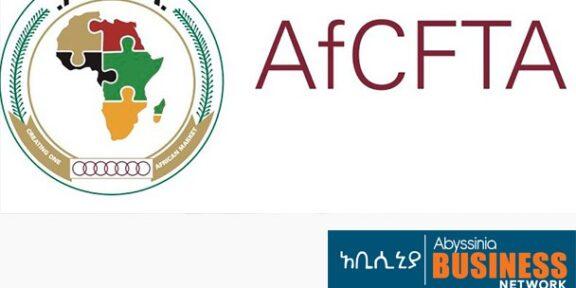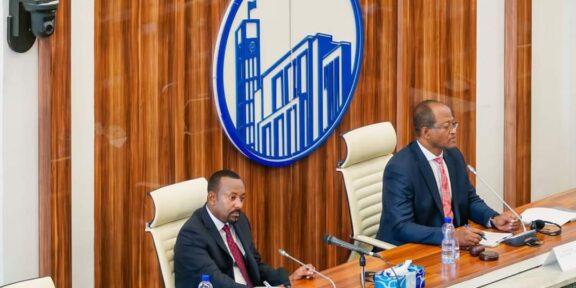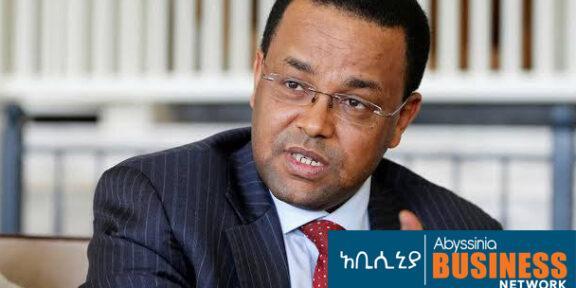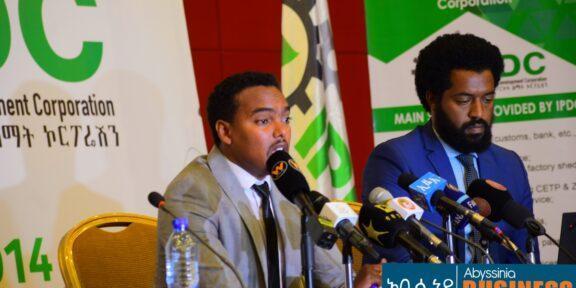By Daniel Tiruneh
A Ministry of Finance guards the national treasury and works towards ensuring a given country is financially healthy and prosperous. The Ministry of Finance oversees the responsible and effective spending of government resources, makes rules to ensure a stable financial system, and
oversees the quality of financial institutions. The Ministry of Finance also works on equitable and solid tax legislation. It oversees the effective spending of government resources. We make rules
to promote the smooth operation of the financial system. It works to establish a strong economic structure that is anchored in an economically and financially healthy Ethiopia. The Ethiopian Ministry of Finance is the main body of the government controlling the flow of cash in major governmental corporations and companies of Ethiopia. Dr. Eyob Tekalign is the State Minister of the ministry who has accumulated almost 20 years of experience in his stints in different managerial positions of the government ranks. A Ph.D. holder economist, Dr. Eyob served his country working in the private sector, governmental and international institutions. ABN had the opportunity to meet Dr. Eyob and discuss the duties and responsibilities of the Ministry, the benefits Ethiopia obtain from The African Continental Free Trade Area (AFCFTA), challenges, The Ministry of Finance is the leading governmental body that manages, controls, and administers the Federal Reserve. As Dr. Eyob said, the purpose of the ministry is beyond budgeting. The ministry mainly manages the finances of federal government holdings and major state-owned corporations including Ethio-telecom, Ethiopian Airlines, Ethiopian insurance corporations, Commercial Bank, and shipping lines among others. The ministry also devises fiscal and tax policies and makes major macro-economic contributions in collaboration with the Plan minister and the national bank. A country’s financial institution contributes significantly in many respects. Dr. Eyob recalled the works of highly regarded Ethiopian economist, Gebrehiwot Baykedagn with regard to economic independence. As mentioned in his works, he raised the issue of industrial policy which highlights the role of a government in a country’s economy. The renowned economist and doctor contended that attaining political freedom without economic freedom is a daunting task and showed the ways of attaining economic independence through import substitution and foreign trade balance.
Many African countries that gained their political independence late in the 1960s are trying to achieve economic independence. But Ethiopia, which has been politically independent for long, has been finding it difficult to gain economic independence. This is the main focus area of the reform government whose domestic economic policy aims to evaluate areas of improvement and opportunities extensively and how to exploit the finance them. To this end, a 10-year prosperity roadmap is devised to turn Ethiopia’s political independence into an economic one.






















